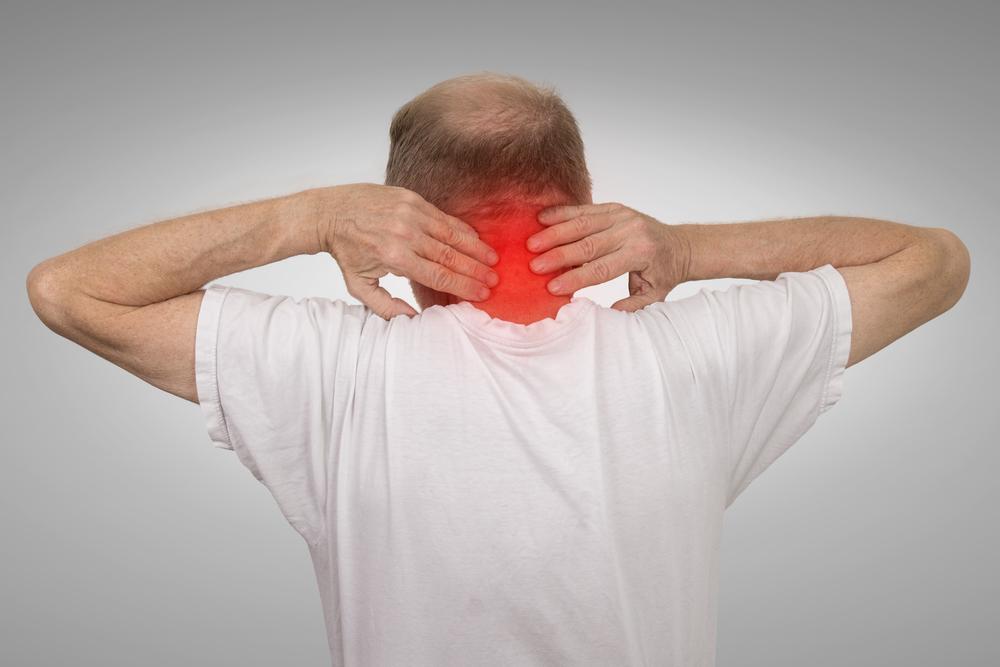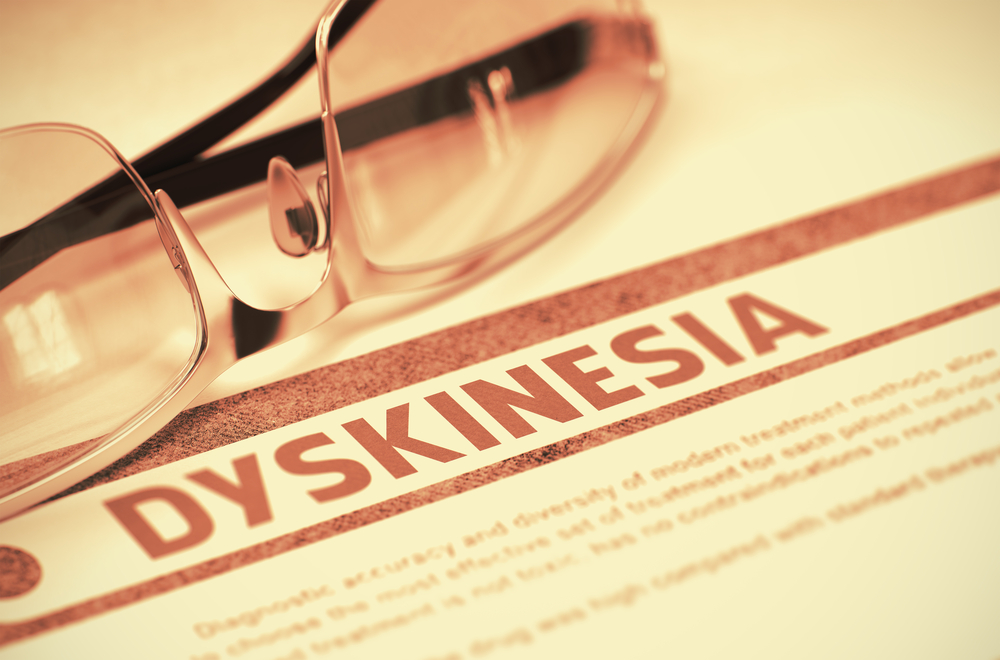Dyskinesia Muscle Spasms in Parkinson’s Disease Patients
Dyskinesia takes its name from dystonia, which describes the involuntary muscle contractions or uncontrolled movements, common in patients with parkinson’s disease. Dyskinesias can occur as mild to severe symptoms in those affected by Parkinson’s disease.
How does dyskinesia affect parkinson’s patients?
Every Parkinson’s patient will experience them to a different degree—for instance, some patients suffer only mild motor complications in isolated muscles, while others may experience random twitching that resembles dance-like, writhing of the entire body, including the face, arms, legs, and torso, and sometimes even facial muscles.

With parkinson’s disease, dyskinesia can often worsen gradually as the disease advances. These involuntary movements are often treated using prescription drugs, like levodopa and entacapone, which can provide relief and aim to control Parkinson’s symptoms. However, over the long term levodopa for used over the long term can actually cause dyskinesia to worsen.
What exactly causes dyskinesia in parkinson’s patients?
Parkinson’s disease is thought to be caused by lack of the brain cells that produce certain natural and vital chemicals (i.e., dopamine, serotonin, and glutamine), namely fluctuating dopamine levels in the body. A decrease in dopamine can significantly impact muscles, and can lead to slow or shaky movements, tremors, twitching, muscle pain, and stiffness that characterizes dyskinesia.
How can parkinson’s patients manage dyskinesia?
- A specialist experienced with treating parkinson’s disease can alter the patient’s medications to do the following:
- Recommend an additional medication to level out medications and control dyskinesia, for instance, amantadine, in an extended-release formula.
- Lower the levodopa dosage and frequency to balance out the control of the disease’s symptoms while not causing worsening dyskinesia.




